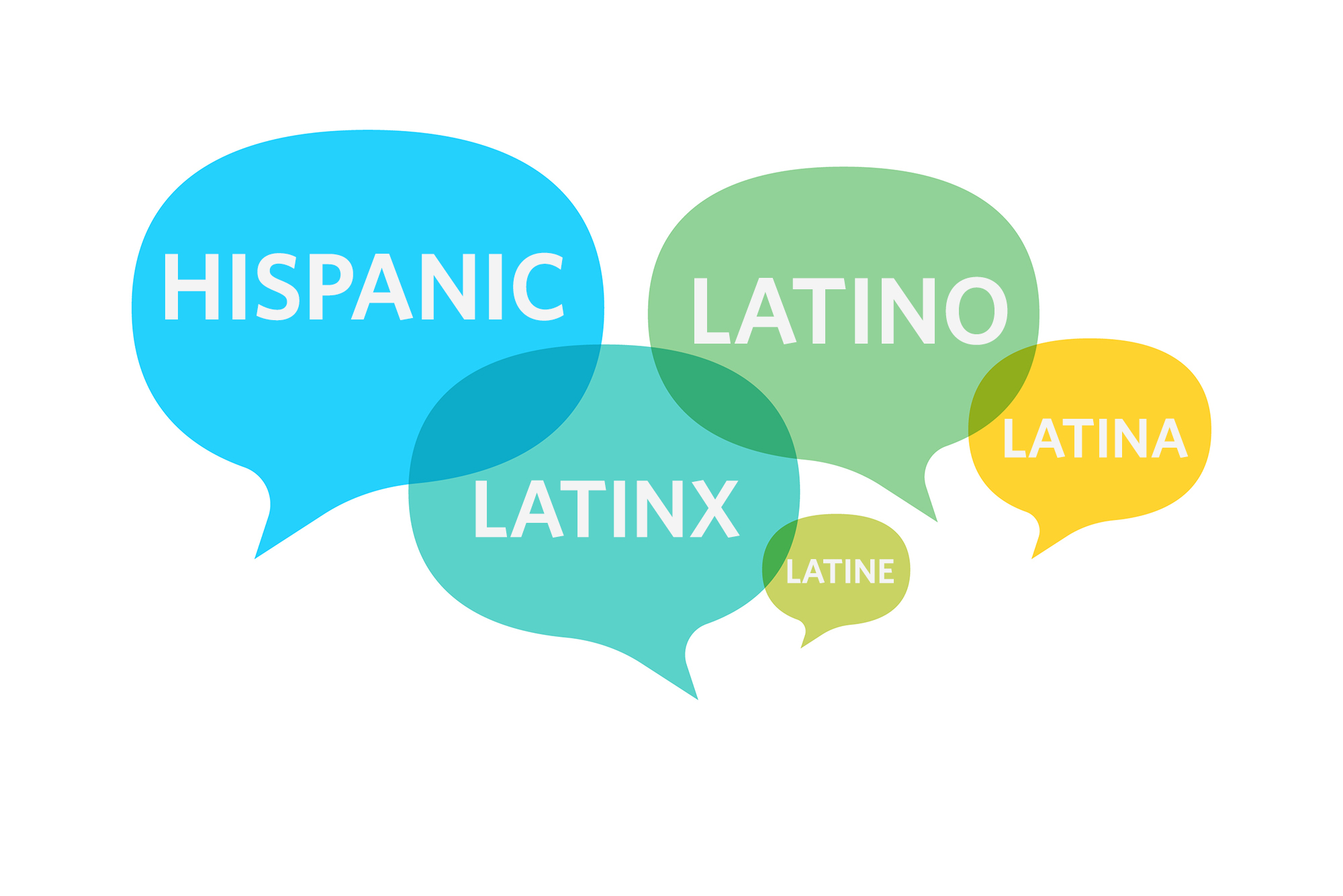Detail Author:
- Name : Anjali Mohr
- Username : bridie.wilkinson
- Email : letitia.sauer@hotmail.com
- Birthdate : 1974-10-05
- Address : 6793 Juston Bridge Jovanyfurt, AR 65473-4256
- Phone : +1 (845) 943-1113
- Company : Schiller PLC
- Job : Licensing Examiner and Inspector
- Bio : Nobis doloribus nihil dolor voluptas quia commodi possimus. Ut quo quidem et similique asperiores incidunt. Illum officia modi at.
Socials
linkedin:
- url : https://linkedin.com/in/maryam_feil
- username : maryam_feil
- bio : Libero at corrupti et laborum et.
- followers : 4862
- following : 2438
tiktok:
- url : https://tiktok.com/@maryam.feil
- username : maryam.feil
- bio : Nam repudiandae illo commodi voluptatem.
- followers : 6411
- following : 2476
twitter:
- url : https://twitter.com/maryam444
- username : maryam444
- bio : Ut possimus et cumque eum consectetur. Eos reiciendis nesciunt est eaque beatae dolorum. Cum laboriosam officia est sequi.
- followers : 2089
- following : 1479
instagram:
- url : https://instagram.com/feil2024
- username : feil2024
- bio : Dolorem ut nesciunt iure eaque. Et culpa ea eius sint fuga qui. Aut quam ea cupiditate est.
- followers : 1035
- following : 1364
The use of certain words, especially those with a painful past, sparks a lot of discussion, and that's absolutely fair. When we talk about the n-word, it brings up deep historical wounds and a lot of feelings for many people. It's a topic that, you know, really needs a careful look, because it touches on history, identity, and respect.
This particular word carries an immense weight, stemming from centuries of oppression and violence against Black communities. So, when questions come up about who can or cannot use it, it's not just about a word; it's about acknowledging that history and the lasting pain it represents. We're talking about something that, in some respects, is very much tied to a specific group's experience.
Understanding the history and the impact of such a powerful term is key to having a thoughtful conversation about it. This discussion isn't always simple, and there are, you know, many different viewpoints to consider. We're going to explore the complexities around "can Mexican people say the n word" and try to shed some light on why this question is so often asked.
Table of Contents
- Understanding the N-Word: Its Origins and Impact
- Mexican Identity and Racial Dynamics
- The N-Word and Non-Black People
- Perspectives Within the Latinx Community
- Frequently Asked Questions
- Moving Forward with Respect
Understanding the N-Word: Its Origins and Impact
To truly grasp why the question "can Mexican people say the n word" comes up, we first need to understand the word itself. It's not just a casual term; it's, like, deeply embedded in a very difficult past. This word has a specific lineage that cannot be separated from its meaning.
A Look at History
The term originated as a derivative of the word "negro," which simply meant "black" in Spanish and Portuguese. However, over time, particularly in the United States, it became a tool of dehumanization. It was used, you know, by slave owners and those who supported slavery to belittle and control enslaved African people. This shift from a descriptive term to a hateful slur is pretty significant.
During the era of slavery and later, Jim Crow segregation, the n-word was a constant reminder of racial hierarchy and brutality. It was yelled during lynchings, whispered in segregated spaces, and, in a way, used to enforce a system of absolute power and subjugation. This historical context is, honestly, what gives the word its immense sting even today.
The Painful Legacy
Even after slavery ended, the n-word continued to be a symbol of racial hatred and violence. It was a word meant to strip away dignity, to remind Black individuals of their perceived lower status. So, it's not just an insult; it's a direct link to systemic oppression and profound trauma. This legacy is why, you know, many people feel it should never be used by anyone outside of the Black community, and even then, its use is often debated.
The pain associated with this word is, arguably, passed down through generations. It carries the weight of countless acts of discrimination, violence, and injustice. When someone hears it, they're not just hearing a sound; they're hearing echoes of a very real and painful history. That's why, basically, it's not just about politeness; it's about respecting a deep, collective wound.
Mexican Identity and Racial Dynamics
Now, let's turn to Mexican identity, which is, in some respects, quite complex and varied. This part of the discussion helps us understand why the question about the n-word might arise in the first place. Mexican identity is not a single, uniform thing; it's, like, a rich mix of many different backgrounds.
Mestizaje and Racial Mixing
Mexico's history is marked by a process called "mestizaje," which refers to the mixing of Indigenous, European, and, yes, African peoples. This means that many Mexican people have Indigenous and European ancestry, but also, significantly, African heritage. This historical blending means that racial lines in Mexico can be, you know, a bit different from how they're often drawn in the United States.
Because of mestizaje, some Mexican individuals may identify as having African roots, or they might have darker skin tones that lead to them experiencing racism. This can sometimes lead to confusion about where they fit into discussions about race, especially when it comes to terms like the n-word. It's, you know, a very important part of understanding the full picture.
The Spectrum of Latinx Identities
The broader Latinx community, which includes Mexican people, is incredibly diverse. It includes individuals of all races, including Black Latinx people, Indigenous Latinx people, and white Latinx people, among others. This diversity means that experiences with race and racism within the Latinx community are, quite frankly, not uniform. Some Latinx people face anti-Black racism, while others might, you know, be perpetuators of it.
This wide spectrum of identities and experiences means that a blanket statement about "Mexican people" and the n-word can be, honestly, a bit too simplistic. It's important to remember that not all Mexican people have the same racial background or experience racism in the same way. So, it's, like, a really nuanced topic.
The N-Word and Non-Black People
The general consensus among racial justice advocates and, you know, many communities is that the n-word should not be used by non-Black people. This stance is rooted in the word's specific history and its ongoing impact. It's a matter of respecting the trauma associated with the term.
Why the Distinction Matters
The n-word was created and weaponized against Black people as a means of control and degradation. It was never, you know, intended for or used by other groups in the same way. Therefore, only Black people, who have inherited the historical trauma and systemic oppression associated with the word, can, arguably, attempt to reclaim it or use it among themselves. This act of reclamation is a complex internal discussion within the Black community itself.
When a non-Black person uses the word, regardless of their intent or their own racial background, it often re-activates that historical pain and power imbalance. It can, quite frankly, feel like a reminder of oppression, even if that's not the speaker's aim. So, it's, like, a very sensitive issue that goes beyond just words.
Intent Versus Impact
A common argument is "I didn't mean it that way" or "I was just quoting something." However, when it comes to the n-word, the impact often outweighs the intent. The pain it causes is, you know, very real, regardless of what the speaker intended. This is a crucial point in discussions about sensitive language.
Even if a Mexican person has some African ancestry, or experiences racism, they generally do not share the specific historical and systemic oppression that makes the n-word a unique slur for Black people. Therefore, using it can still be deeply hurtful and inappropriate. It's, basically, about recognizing who the word was designed to harm.
Perspectives Within the Latinx Community
Within the Latinx community itself, there are, naturally, varied opinions on the use of the n-word. Some individuals, particularly those with Afro-Latinx heritage, might feel a connection to the word's history and its reclamation. Others, however, strongly advocate against its use by any non-Black person, regardless of their background.
Shared Experiences and Solidarity
Some Latinx individuals may feel that, because their communities have also experienced discrimination and marginalization, there's a shared understanding of racial slurs. This feeling can sometimes lead to the mistaken belief that they have a pass to use the n-word. However, it's, you know, important to remember that different communities face different forms of oppression, and not all experiences are interchangeable.
Many Latinx activists and community leaders emphasize the importance of solidarity with the Black community. This means actively working to dismantle anti-Black racism, including being mindful of language that causes harm. It's, like, a call to stand together against all forms of prejudice.
The Importance of Listening
Ultimately, when questions about who can use the n-word arise, the most important thing is to listen to the voices of those most affected by it: Black people. Their experiences and perspectives are, frankly, paramount. If a community says a word causes them pain, then, you know, that should be respected.
For Mexican people, or anyone else wondering about using the n-word, the advice from the Black community is generally consistent: don't use it. This stance isn't about censorship; it's about respect, historical awareness, and solidarity. It's, basically, a very clear boundary for many people.
Frequently Asked Questions
Why is the N-word considered offensive?
The n-word is considered offensive because it was, you know, historically used to dehumanize, oppress, and terrorize Black people during slavery and subsequent periods of racial discrimination. It carries the weight of centuries of violence and systemic racism. So, it's not just a word; it's a symbol of profound suffering and injustice, which is why it's, you know, deeply painful for many to hear.
What is the historical context of the N-word?
The word originated from a neutral term for "black," but in the context of the transatlantic slave trade and American slavery, it transformed into a derogatory slur. It was used by enslavers and white supremacists to enforce racial hierarchy and justify brutality. This historical use, you know, as a tool of oppression, cemented its status as a hateful term. Learn more about the history of racial slurs on external sources.
Are there different perspectives on who can use the N-word?
Yes, there are different perspectives, but the widely accepted view, especially outside of the Black community, is that non-Black people should not use it. Within the Black community, some individuals use a variant of the word among themselves as a form of re-appropriation or solidarity. However, this internal use is, you know, very different from its use by those outside the community, who have not experienced the specific historical oppression tied to the word. So, it's, like, a very nuanced discussion even within the community.
Moving Forward with Respect
The question "can Mexican people say the n word" ultimately points to a broader need for understanding and respect in our conversations about race. It highlights the importance of recognizing the unique histories and traumas associated with specific words. The general answer, rooted in a deep respect for history and the feelings of the Black community, is that it's best for non-Black people, including Mexican people, to avoid using the n-word.
Choosing not to use a word that causes immense pain is a simple yet powerful act of solidarity and empathy. It shows that, you know, you understand the weight of history and you care about the impact of your words. This approach helps foster a more inclusive and respectful environment for everyone. Learn more about racial sensitivity on our site, and link to this page understanding identity and language for more insights.

